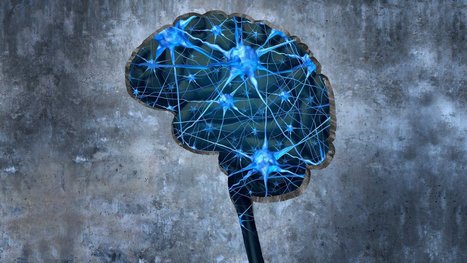It is no secret how we retain information, construct new knowledge, and develop competencies critical for success in the world of work and, more importantly, life. Learning is shaped by specific conditions that are either created or engaged in by chance that allow for authentic application through an immersive experience. If there were a secret sauce, then that is it, but it's not as mysterious as one might think. When it comes to classrooms and schools getting students actively involved, it isn't a gimmick. It is a proven way to improve academic outcomes.
Research and publish the best content.
Get Started for FREE
Sign up with Facebook Sign up with X
I don't have a Facebook or a X account
Already have an account: Login
Professional learning in a glance (or two)!
Curated by
John Evans
 Your new post is loading... Your new post is loading...
 Your new post is loading... Your new post is loading...
|

jose antonio gabelas's comment,
April 3, 2018 7:14 AM
Buen comentario. Aporto mi reciente artículo en el diario Disidentia. La necesidad de recuperar la memoria https://disidentia.com/la-memoria-un-concepto-olvidado-en-la-educacion/

jose antonio gabelas's comment,
April 3, 2018 7:14 AM
Buen comentario. Aporto mi reciente artículo en el diario Disidentia. La necesidad de recuperar la memoria https://disidentia.com/la-memoria-un-concepto-olvidado-en-la-educacion/

Carlos Fosca's curator insight,
April 3, 2018 6:05 PM
"De acuerdo a los neurobiólogos Blake Richards and Paul Frankland, el objetivo de la memoria no es solo almacenar información con precisión sino también "optimizar la toma de decisiones" en entornos caóticos y muy cambiantes. En este modelo de cognición, el olvido es una estrategia evolutiva, un proceso útil que se ejecuta en el fondo de la memoria, evaluando y descartando información que no promueve la supervivencia de la especie." (Youki Terada, 2017). |











